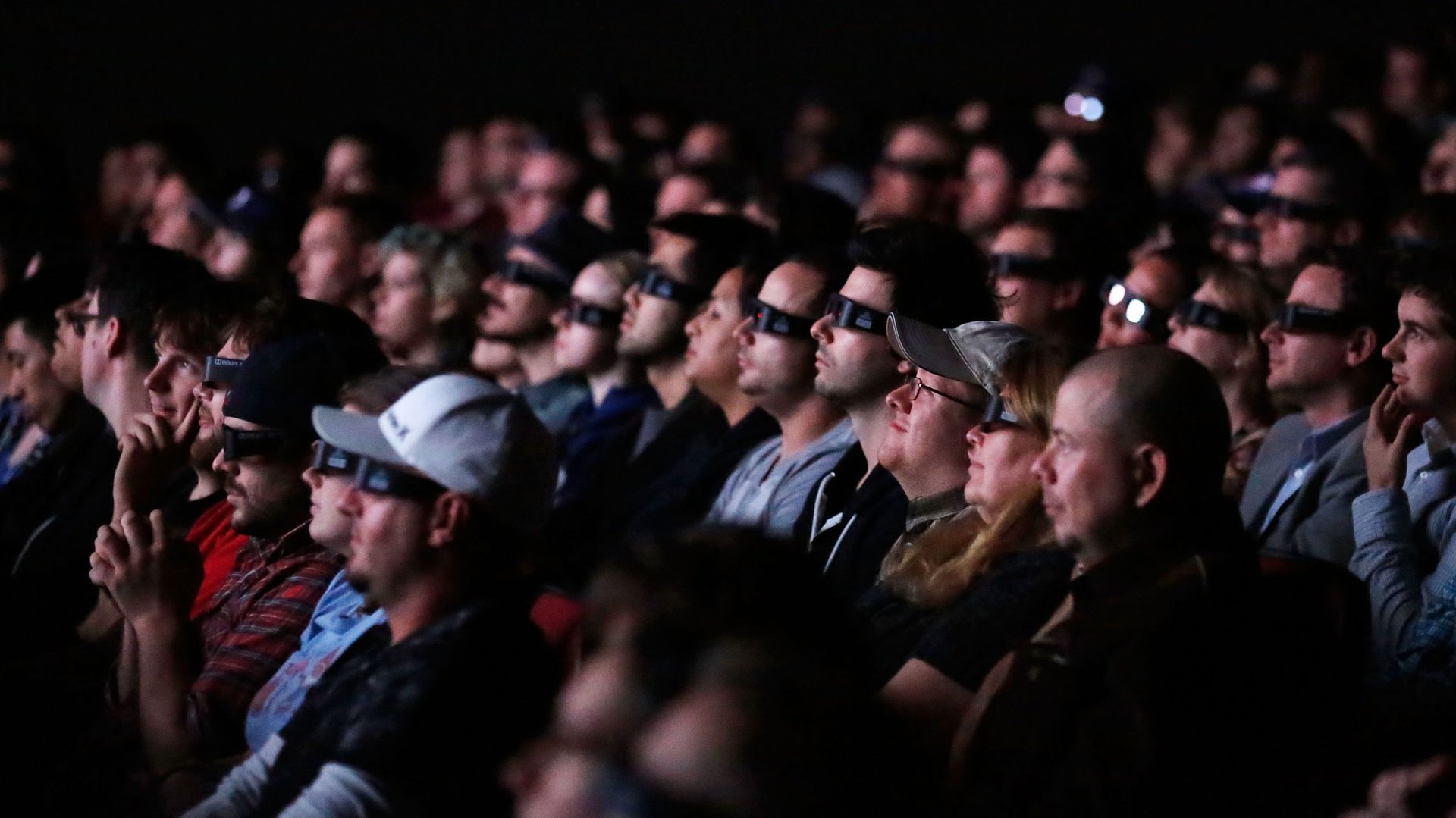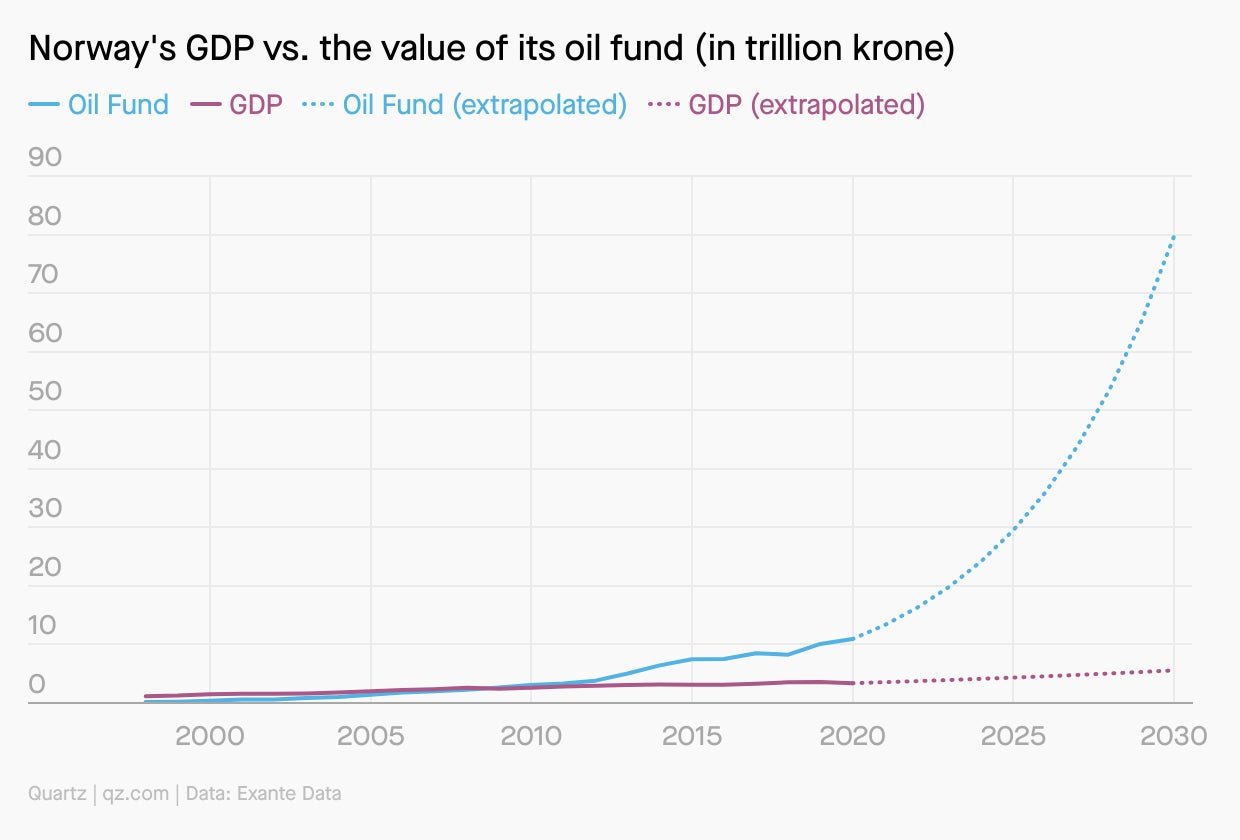Oil prices, King Akeem, new Amazon logo
Good morning, Quartz readers!


Good morning, Quartz readers!
Here’s what you need to know
The price of oil soared to pre-pandemic levels. Following yesterday’s meeting of OPEC countries, the commodity rose to a 14-month high of $68 a barrel.
A Republican US senator made clerks read the entire stimulus bill aloud. It was an attempt by Ron Johnson of Wisconsin to buy time, and the 628 pages indeed took many hours.
Italy blocked a vaccine shipment to Australia. The EU reportedly approved the withholding of 250,000 AstraZeneca doses, as supply issues continue in Europe.
US officials reportedly prevented a $1 billion cash withdrawal by Myanmar’s junta. According to Reuters, the failed transaction was just days after the Feb. 1 coup, and before sanctions were imposed.
Indian farmers are planning a highway blockade to mark 100 days of protests. They have been camped outside the capital New Delhi for more than three months because of new agriculture legislation.
New York City movie theaters reopen. Hollywood really needs this, and the big release is Eddie Murphy’s long-awaited sequel, Coming 2 America.
What to watch for
China’s Two Sessions are in session. The annual meetings of the National People’s Congress, which begins today, and the Chinese People’s Political Consultative Conference, which opened yesterday, jointly make up China’s most important yearly political gathering—a.k.a the “two sessions” or liang hui (两会).
The roughly 2,200 members of the advisory CPPCC will consider government policy, while the 3,000 or so members of the rubber-stamp NPC will approve budgets and legislation. It’s a carefully scripted political performance, but the sessions are nevertheless closely watched as they offer a precious window into the Communist Party’s obscure governance process. Here’s what we’re tracking:
The 14th five-year plan: The sessions will unveil the road map for China’s economic development up to 2025—it aims for at least 6% growth in 2021.
Tightening the screws on Hong Kong: The sessions last year passed a controversial national security law that has crushed dissent in the city. As widely expected, Beijing announced an overhaul of Hong Kong’s electoral rules to cement its control—and delayed its legislative election yet again, this time to 2022.
Stepping up its defense: The latest budgeted number for military spending is up 6.8%, as geopolitical tensions grow.
Charting the krone’s global status
With the growth of Norway’s sovereign fund outpacing its own GDP on the strength of oil and gas, the krone could become the first currency with a value determined by fluctuations in the global market rather than its home country’s economy.

This probably won’t make the krone a target du jour for investors, but the currency’s strength could make the Scandinavian nation a power investor in green energy and infrastructure projects, writes Samanth Subramanian.
India’s IT companies aren’t worried about the H-1B visa
Even though Indian tech workers make up the bulk of visa holders in the H-1B program—which enables companies to hire immigrants and fill critical positions in the US—it’s not Indian companies that are hiring them. Over the years, companies like Tata Consultancy Services (TCS), Infosys, and Wipro have reduced dependence on H-1B to protect their businesses from any sudden policy changes.
This shift began well before the visa program was greatly disrupted by the Trump administration, and now, even as the Indian IT industry gets more than 65% of its revenue from the US, H-1B is not nearly as indispensable for these firms as it once was.
With registration for new H-1B applications set to open March 9, Ananya Bhattacharya explains what’s behind the shift.
✦ Learn more about changes to this visa program in our field guide on the status of the H-1B. Not yet a member? Try it for a week for free.
You asked about vaccinated people still spreading Covid-19
When will we know if vaccinated people can transmit the virus?
Unfortunately, this isn’t something we can establish by recruiting participants into a clinical trial, as scientists did when testing the safety and efficacy of vaccines. “The way we’re going to prove this is through observational trials,” says Panagis Galiatsatos, a pulmonologist and critical care specialist at the Johns Hopkins Bayview Medical Center.
We do have reason to believe that fully vaccinated people mingling together won’t be able to get one another sick, and it’s also reasonable to expect that once enough people in a group have been vaccinated, herd immunity can be achieved—meaning even unvaccinated people won’t pick up the virus. That comes from the virus not having anywhere to live; if too many people around have immunity and can’t host it, it will eventually die out. Estimates project herd immunity will be reached when 60% to 90% of the population is vaccinated.
💉 If you missed Quartz’s live Q&A with Galiatsatos, read the recap for more answers to your vaccine questions.
Surprising discoveries
A Vermont college president moved into student housing. He wanted to help residents who were experiencing isolation during quarantine.
Some people thought Amazon’s new app logo looked like Adolf Hitler. So Amazon quietly changed it.
Great apes at the San Diego Zoo got a Covid-19 vaccine. The experimental jab is just for animals.
The US’s largest ESG fund has no direct investments in renewable energy companies. There aren’t any big enough to meet its criteria.
Pollution could be a sign of life on other planets. Aliens might get stuck in traffic, just like us!
Our best wishes for a productive day. Please send any news, comments, krone, and alien smog sightings to [email protected]. Get the most out of Quartz by downloading our iOS app and becoming a member. Today’s Daily Brief was brought to you by Hasit Shah, Mary Hui, Tripti Lahiri, Jane Li, Katherine Ellen Foley, Jordan Lebeau, and Liz Webber.